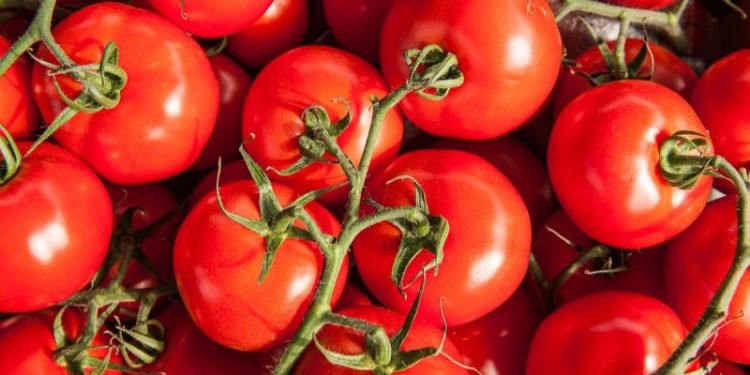The Ministry of Agriculture of Turkey imposes a restriction on the export of tomatoes until April 14, 2023. With this measure, the Turkish government hopes to curb the sharp rise in prices in the domestic market and ensure food security after the recent earthquakes.
This decision has serious implications for Turkish tomato growers. This sector is currently in high season. This means that the production of one plant is high, but the costs are also significant. Per kilogram, cultivation costs during this period range from 0.39 to 0.49 euros per kilogram. Stopping exports can leave producers with insufficient margins to make repairs or make harvesting too costly.
We observed a similar picture in December last year in the Netherlands. Fruit growers in the province of Limburg, among others, left the last part of their apple harvest there. “For these growers, the cost of harvesting, cooling and sorting will be higher than the price that the fruits bring,” NFO director Sip Koning said at the time. In Belgium, about 15 percent of the apples were not picked for the same reason.
Losing Markets
Turkish tomato exporters are particularly concerned that valuable markets will be lost following export restrictions. They expect competing rising countries to not abandon their products without a long-term agreement. “They will see this export restriction as an opportunity,” industry officials said.
Although the Turkish Ministry of Agriculture has exempted exports to Northern Cyprus, Palestine and Azerbaijan from the rules, the impact on other countries that depend on imports from Turkey remains high. These include: Ukraine, Moldova, Georgia and Romania. EastFruit analysts report that Ukrainian importers are already looking for alternative suppliers of tomatoes, in particular, in Morocco, Iran and Spain.
Not everything can be compensated
However, according to eastfruit analysts, it will not be possible to compensate for the entire volume of Turkish imports with imports from these three countries. “These countries also didn’t have a good year when it came to tomato production.” For example, Spanish growers had to deal with relatively high temperatures in December, which meant vegetables grew faster than usual. This warm period was followed by a relatively cold January which delayed the harvest.
The consequences of this are visible, in particular, in the UK. According to BBC reports, the situation is now so dire that only a limited number of tomatoes can be purchased per consumer. The good news is that the biggest failure in Spain will end. Whether this will be sufficient in time and for countries that usually import tomatoes from Turkey remains to be seen.











